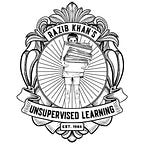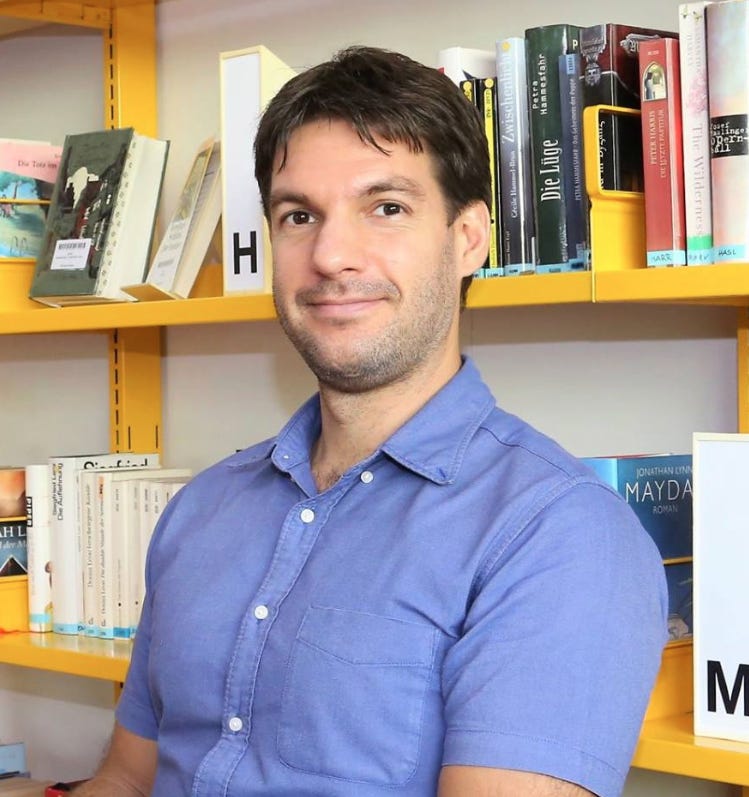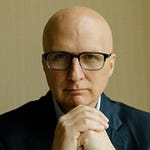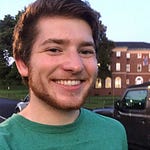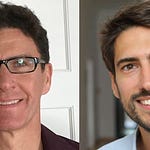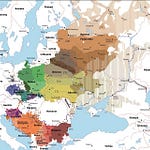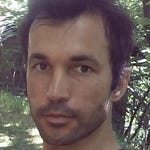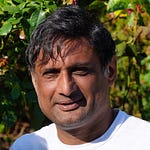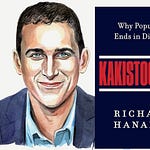Today on Unsupervised Learning Razib talks to David van Ofwegen, a philosophy teacher based in Thailand. Razib and Ofwegen first met by chance while he was traveling in the US in 2003. A Dutch national, educated at the University of Leiden in the Netherlands and then the University of Hawaii, specializing in the philosophical underpinnings of Social Darwinism, Ofwegen has been based in Thailand for the last 15 years.
Razib and Ofwegen’s initial connection was over their shared interest in the turmoil in Europe post-9/11 and the 2002 assassination of the right-wing Dutch politician Pim Fortyun. They discuss what has happened in the Netherlands over the last generation, with both immigrant assimilation into Dutch society, and the assimilation of Dutch society to immigrants. Ofwegen reflects on returning to a homeland where he encounters bartenders who don’t speak Dutch, only English, and youth culture where white Dutch affect the accents of Moroccan immigrants. He also observes that in his hometown of the Hague, it is as common to hear Arabic or Turkish on the streets as Dutch. This is in contrast with the countryside outside of the large cities, which remain overwhelmingly white and native-born. Ofwegen also notes that global multiculturalism has had an impact on the practice of some Dutch customs, in particular the traditions surrounding Black Pete (Zwarte Piet), a character in Dutch Christmas celebrations that is wildly offensive to American sensibilities, given the longtime convention of blackface. Ofwegen argues that the Netherlands is becoming less Dutch and more global, homogenizing into a node in the pan-American cultural sphere.
They also discuss the contrasts between Thailand and the Netherlands, and what it is like living outside the developed world. Though in nominal terms the GDP per capita of Thailand is about 10% of that of the Netherlands, Ofwegen does not feel that his adopted homeland is particularly underdeveloped or behind the times. Bangkok in particular is fully in the modern world, with all the comforts and technologies we avail ourselves of in the West. Ofwegen also observes that while the poor in the West live in deprived ghettos, in Thailand, the poor are usually rural peasants who own their own property. Nevertheless, he is clearly a guest. Though married to a Thai native and with a child who has Thai citizenship, he is legally an expatriate of the Netherlands. He notes that the same is true of Thailand’s large Burmese and Cambodian populations. The Thai have a very clear idea of their nation and its identity, in contrast to the more globalized vision common among Western elites.

